Annual Exams
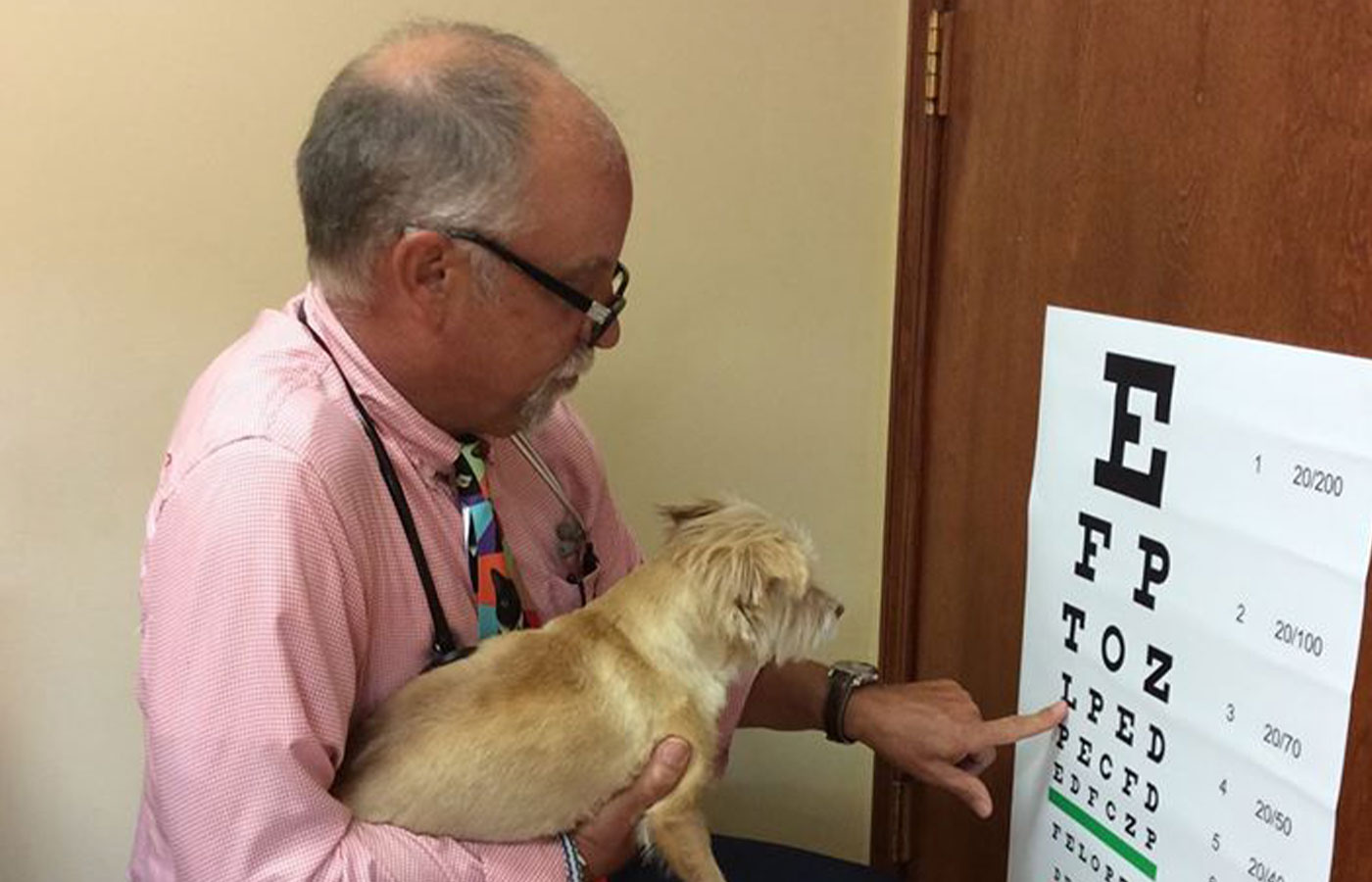
The Burlington Veterinary Center is equipped to provide preventative, diagnostic and therapeutic services for your pet’s complete health care needs for every stage of their life. We believe that preventative health care is the BEST medicine. Our annual exams are done with a
complete
physical examination and health evaluation in conjunction with an assessment on vaccines. In addition to immunizations, we recommend Key Diagnostic Laboratory Testing for our patients based on their relative life stages. This allows Dr Esherick and Dr. Trevino to look “inside” your four-legged family member to ensure they are just as healthy on the inside as they are on the outside.
There are many important aspects of Key Diagnostic Tests which include:
Read More
- Early disease detection and intervention can dramatically improve the outcome in treating a wide variety of different disease and conditions.
- It is the innate nature of animals to hide signs of illness. Biochemical changes found in key diagnostic testing often appear long before detectable abnormal physical exam findings.
- Our pets age more quickly than our human counterparts. Our pets age can age an equivalent of 5-10 years for each human calendar year.
- Experts in veterinary medicine and our own experiences here at the Burlington Veterinary Center have clearly demonstrated that establishing a pet’s laboratory database can not only be useful in discovering abnormalities that were undetected with thorough physical examination, but can also act as baseline test values in the healthy patient that can be referred to in future visits.
Sick Patient Exams
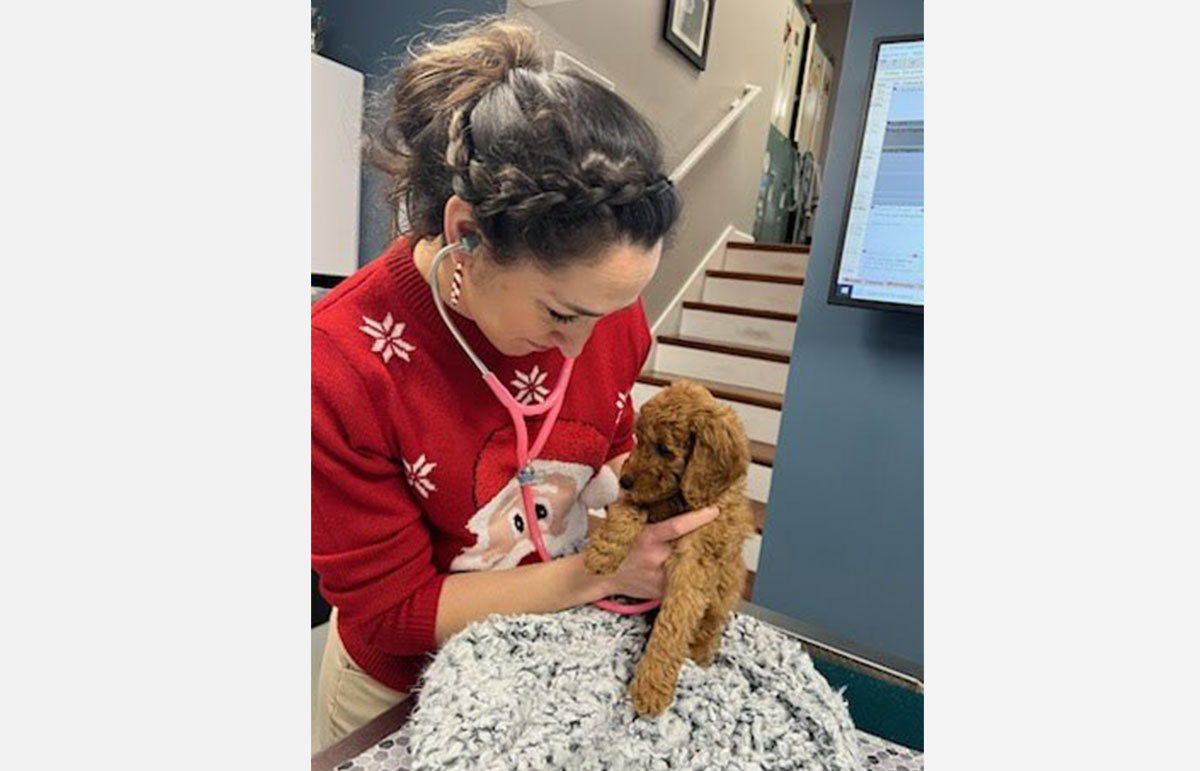
Your pet is ill and you need honest, caring veterinary intervention for your sick dog or ill cat. Our veterinarians at the BVC are devoted to providing you with a rapid and accurate diagnosis of your pet's illness. Dr. Esherick and Dr. Trevino work with you to
help you understand your pet's condition,
thoroughly communicating the diagnostic and the treatment options available to best secure the most desired outcome of optimal and sustained return to good health.
Read More
Read More
Vaccinations
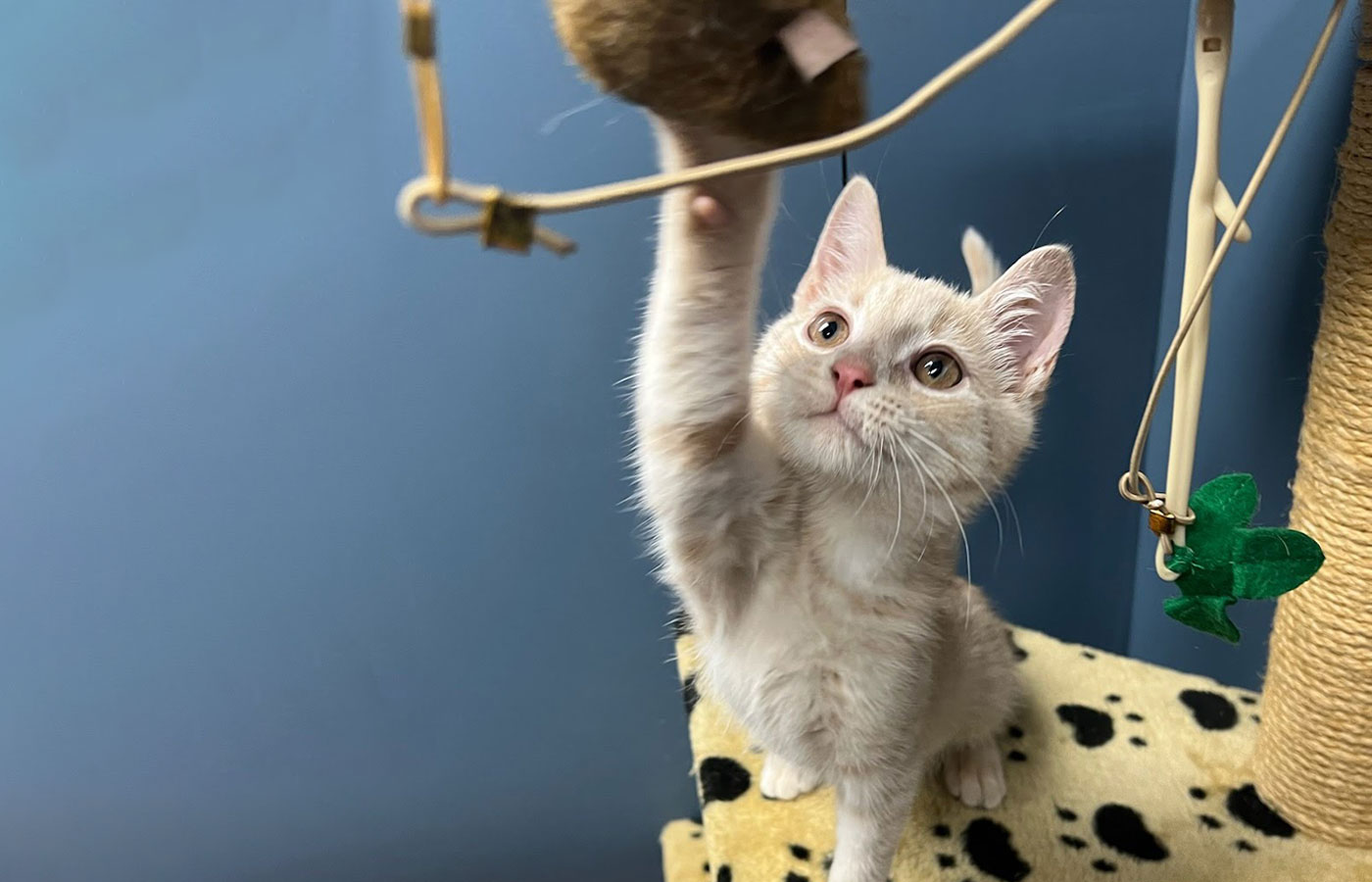
In the past there have been many different vaccination recommendations in dogs and cats in the United States that have been based on the best available scientific information. For many years annual revaccination was considered the appropriate standard
practice. However, in recent years there has been mounting
evidence that annual revaccination of pets with certain vaccines is not only unnecessary but in rare cases, potentially harmful. The introduction of better vaccines and recent duration of immunity studies suggest that certain vaccines may provide more lasting immunity than previously appreciated. Leaders in the veterinary community believe the appropriateness of various vaccinations and the interval of administration are best assessed in conjunction with a complete physical examination and health evaluation. Here at the Burlington Veterinary Center we believe the health status of the individual pet and the pet’s infectious disease risks should dictate the appropriate vaccine selection. In light of the latest evidence that annual revaccination for certain pathogens is no longer scientifically justified and our desire to avoid adverse vaccine associated events.
Read More
Behavior Consultations
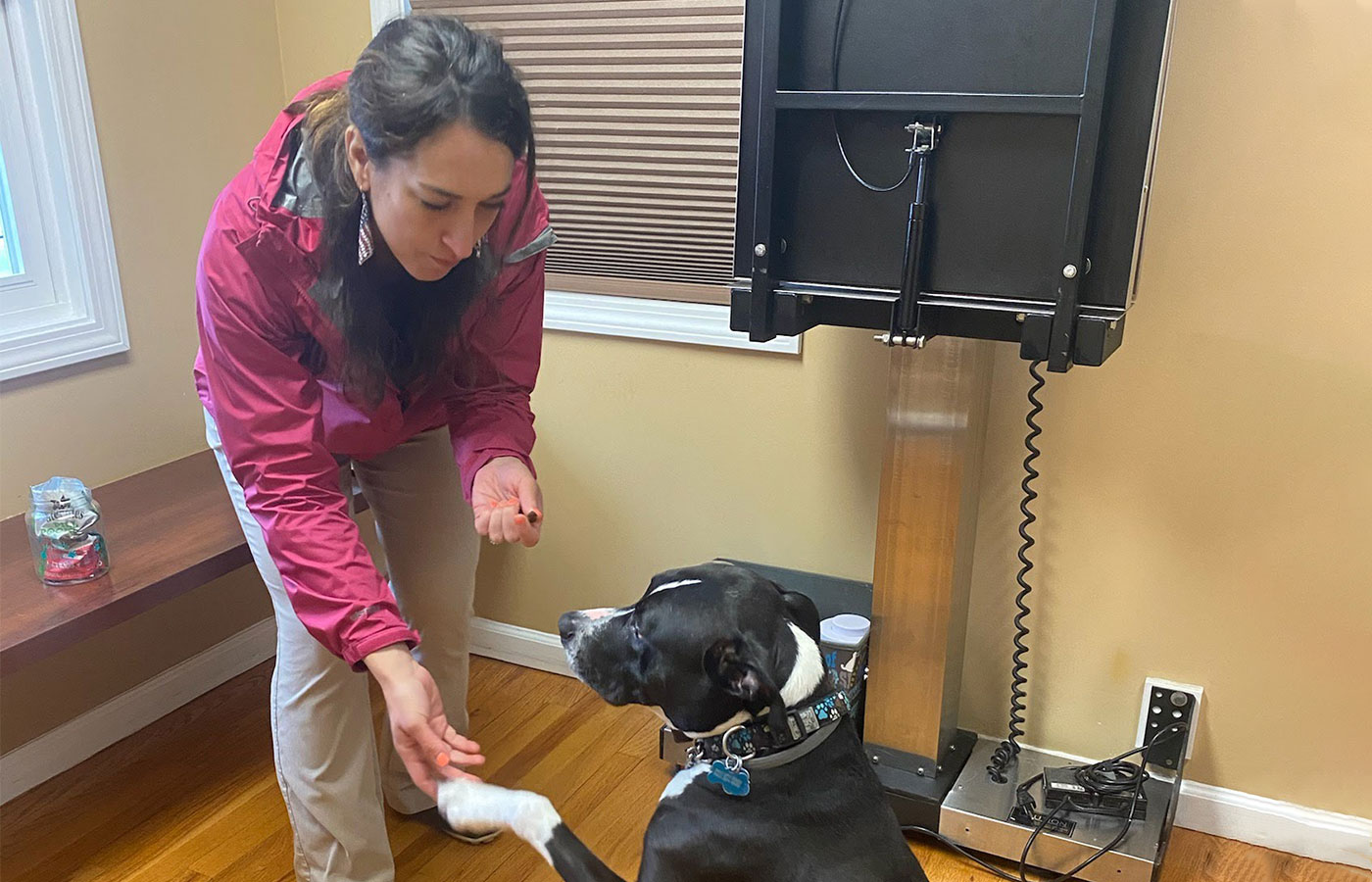
We provide professional consultation and resolution of a vast number of behavioral issues such as separation anxiety, inappropriate elimination, excessive barking, chewing, attention seeking behaviors, house soiling, noise phobias, fearfulness as well as various forms of
aggression.
We will help teach our clients how to establish a healthy leadership role with their pets, while helping the entire family understand and correct problems. Read More
We will help teach our clients how to establish a healthy leadership role with their pets, while helping the entire family understand and correct problems. Read More
Dentistry
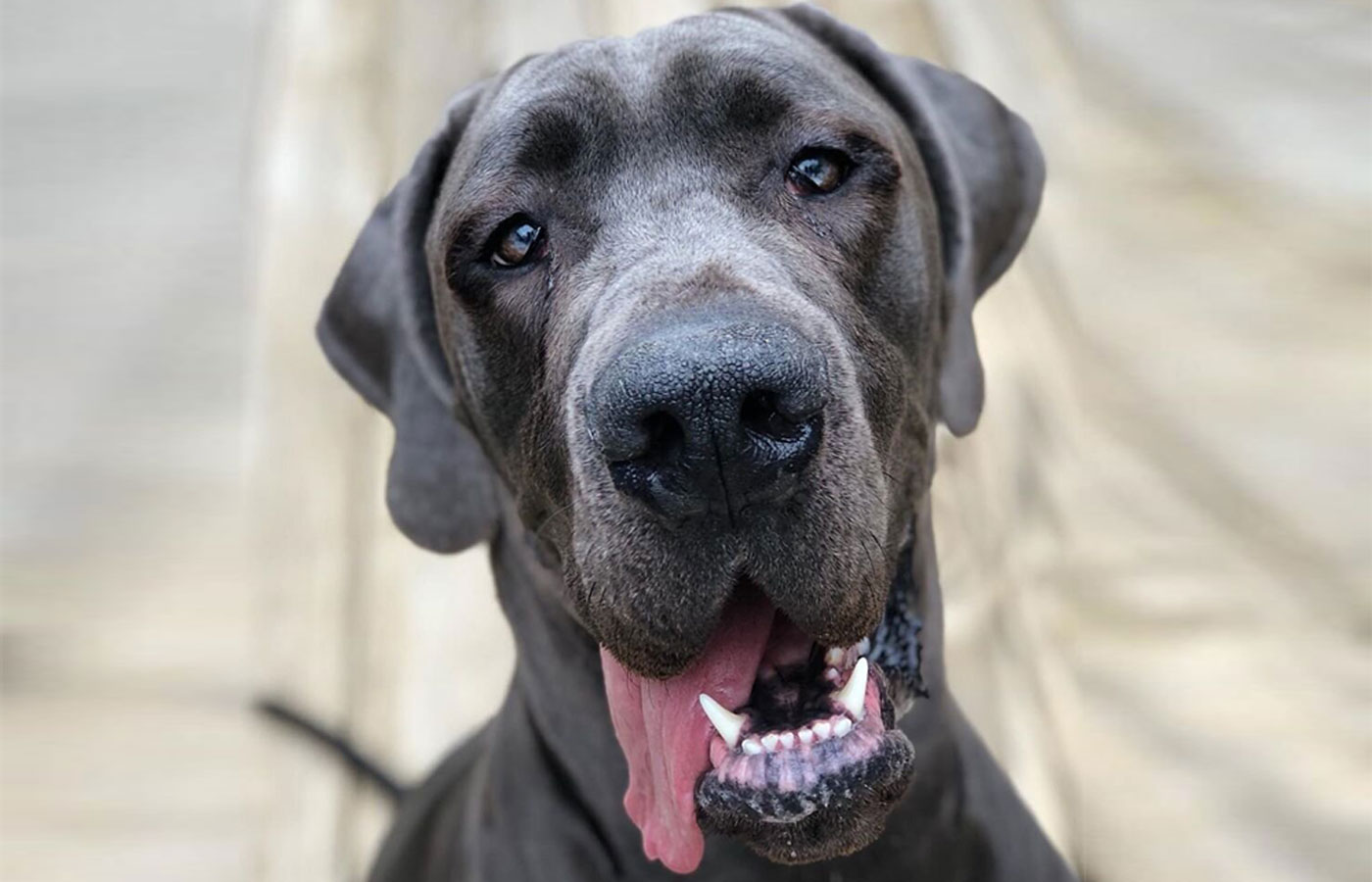
Over 70% of all dogs and cats over 5 years of age suffer from periodontal disease, which means that they have loss of the supporting structures of the teeth. In most cases, this process is uncomfortable and it will eventually lead to problems such as loose teeth,
bacteria in the blood stream,
and damage to the kidneys, heart, and liver.
We have created dental packages that bundle the cost of your pet's oral health care needs to make the all important oral health care services affordable. Professional dental cleaning removes dental plaque and tartar that causes periodontal disease. Full mouth radiographs are performed with advanced digital dental radiograph equipment to insure there is not undetected dental pathology. The Burlington Veterinary Center Dental Packages all include pre-anesthetic examination, pre-anesthetic sedation, IV catheter, IV fluids, gas anesthesia, a dedicated dental technician, dental scaling, dental polishing, fluoride treatment, digital dental x-rays, before and after pictures, 2 week medical progress exam, and a home dental care kit.
Tooth extraction, fracture repair and oral surgery are all performed by Dr. Esherick. Pet owners are also provided with recommendations for daily home oral hygiene specific to your pet along with a no fee follow-up exam two weeks after the dental procedure.
After oral examination, dental scaling and digital x-rays are complete, Dr. Esherick will will determine if any teeth are in need of advanced dental care. Some of these services include tooth extraction, antibiotic gel, post surgery pain medication, bone grafting material, and laser therapy.

We have created dental packages that bundle the cost of your pet's oral health care needs to make the all important oral health care services affordable. Professional dental cleaning removes dental plaque and tartar that causes periodontal disease. Full mouth radiographs are performed with advanced digital dental radiograph equipment to insure there is not undetected dental pathology. The Burlington Veterinary Center Dental Packages all include pre-anesthetic examination, pre-anesthetic sedation, IV catheter, IV fluids, gas anesthesia, a dedicated dental technician, dental scaling, dental polishing, fluoride treatment, digital dental x-rays, before and after pictures, 2 week medical progress exam, and a home dental care kit.
Tooth extraction, fracture repair and oral surgery are all performed by Dr. Esherick. Pet owners are also provided with recommendations for daily home oral hygiene specific to your pet along with a no fee follow-up exam two weeks after the dental procedure.
After oral examination, dental scaling and digital x-rays are complete, Dr. Esherick will will determine if any teeth are in need of advanced dental care. Some of these services include tooth extraction, antibiotic gel, post surgery pain medication, bone grafting material, and laser therapy.


